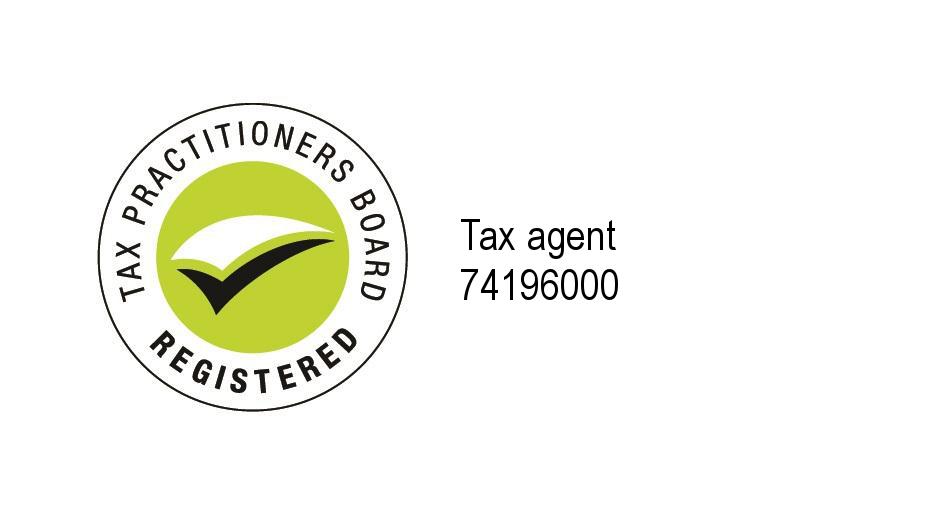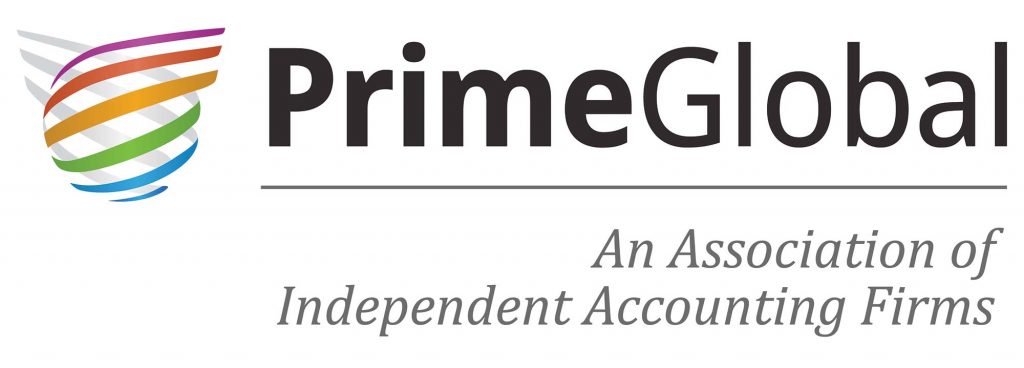There was movement at the station …
On 8 December 2022 we published an article in The Assessment that included the following statement:
“It is very frustrating to close out 2022 with no clear statement from any State or Territory Revenue Office as to how and when payroll tax ‘relevant contract’ rules will be applied to medical practitioners (including GP’s, dentists and a variety of other health professionals) engaged under service agreements with medical clinics.”
As it turns out, we didn’t quite get to the end of 2022 without such a statement.
On 22 December 2022, Queensland Revenue Office issued PTAQ 000.6.1 ‘Relevant contracts – medical centres’.
As the underlying law is similar across Australia (save for Western Australia) the Queensland Revenue ruling also warrants attention elsewhere.
Queensland Revenue have issued the ruling to confirm that most arrangements where a medical practitioner operates under an arrangement with a medical clinic entity to practice at the medical clinic premises and receive administrative and other support in return for payment of a service fee are considered to be ‘relevant contract’ for payroll tax (‘PRT’) purposes. You can read about their process and reasoning in the ruling.
Where a relevant contract exists a potential payroll tax liability arises for the medical clinic entity. We emphasise a potential payroll tax liability because a number of other matters need to be considered including:
- Do any of the relevant contract exemptions apply?
Certain arrangements that may otherwise be a relevant contract are exempted where one or more exemptions is satisfied – the likely exemptions are usefully explained in the ruling and include:
– providing services to the public generally;
– working for 90 days or less in a financial year; and
– services performed by 2 or more persons;
- In any event, are PRT thresholds exceeded?;
[ ] - Is the position advocated in the Queensland ruling retrospective?
We understand Queensland Revenue will only apply the position to the FY2022 and later PRT years although this is yet to be publicly confirmed. Significantly, what position will other jurisdictions take on retrospectivity? Victoria and NSW Revenue Offices have led the charge on litigating matters that underline the position outlined in the Queensland ruling. It is less likely Victoria and NSW will be sympathetic to limiting retrospectivity– whether any limit to retrospectivity will be granted in Victoria, NSW or elsewhere needs to be monitored until the position is clear;
[ ] - Does the ‘flow of money’ impact the outcome – this is a curious aspect of the Queensland ruling with major implications for the treatment to be applied in other jurisdictions.
Seemingly, where a sole practitioner directly collects patient fees and Medicare rebates etc from which any services fees due to the medical clinic are paid by the practitioner, it appears we have a ‘relevant contract’ but no payment that is capable of being taxed as wages. Where a third party collection entity is used, the Queensland ruling suggests the payment of monies by the collection entity to a medical practitioner will be deemed wages of the medical centre. The deeming occurs under third party payment deeming rules in the Queensland PRT law (equivalent deeming provisions exist in other jurisdictions suggesting equivalent results). So this leaves the big question: What is the outcome if a practitioners entity collects fees/rebates etc. and pays a wage to the practitioner?
So, whilst taxpayers using this type of model should now be squarely on notice (in Queensland and elsewhere) about the potential PRT exposure, many issues remain.
We will continue to monitor and advise with further updates as things develop.
—–
![]()
Found this article insightful? Subscribe to our newsletter “The Assessment” and receive more articles like this every month!
![]()
Need more advice? Contact us via email or on 03 8662 3200



